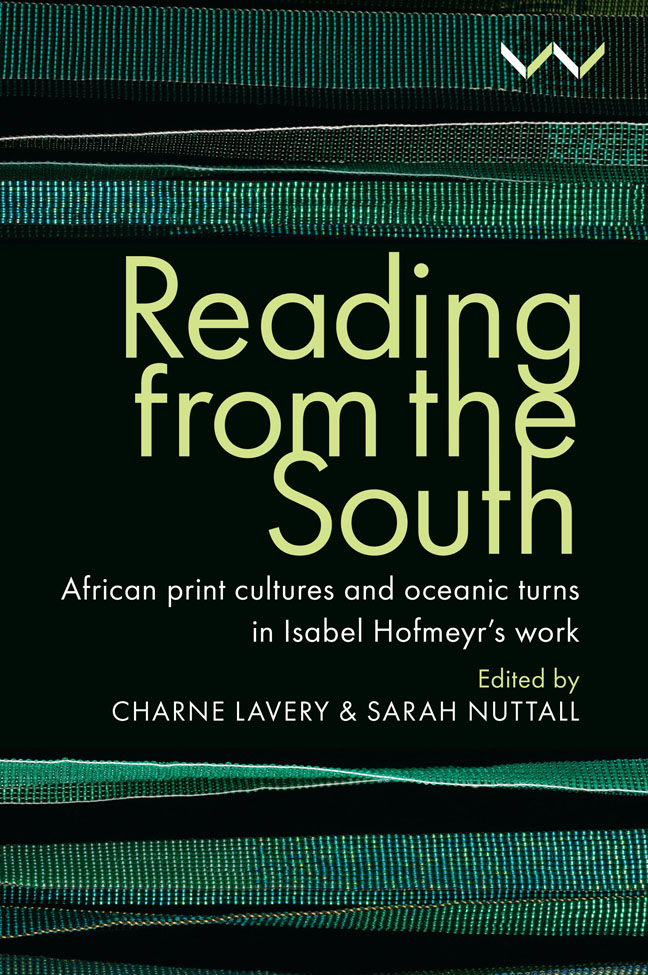Chapter 4 - Oral Genres and Home-Grown Print Culture
Published online by Cambridge University Press: 01 March 2024
Summary
Isabel Hofmeyr's path-breaking work on orality, print and ways of reading demarcates a vast African textual history, and provides chart and compass with which to explore it. A key feature of her work is the way she combines a close focus on the materiality of texts with a capacious vision of their imperial and global interconnections. The letterheads, stamps and typewriters through which the imposition of bureaucracy on an oral world is grasped in ‘We Spend Our Years as a Tale That is Told’ (1993); the abridgments, excerpting, illustrations, translations, magic lantern shows and dramatic enactments by which The Pilgrim's Progress was disseminated, as described in The Portable Bunyan (2004); the format, layout and composition of the newspaper that Gandhi produced on his hand-operated printing press in Phoenix, Natal, in Gandhi's Printing Press (2013); books as cargo, sampled in customs sheds like other imported goods rather than being read from cover to cover, in Dockside Reading (2022) – attention to these material forms opens the way to a highly original and productive conceptualisation of multi-directional textual movements and interactions. This comprehensive and inclusive vision does not float detachedly above the material world but arises from it, from the material processes of production, circulation and consumption. This work shows how much we stand to gain from attending to the specifics of mode, genre and format, and how important it is to recognise that when texts travelled, they did so not abstractly but in steamships and trains, and were changed as they went, re-created in different ways by local readerships and intermediaries. A book, or a text, is both a product of global processes and the result of what people do with it on the ground, and what they think it is, is for and is about.
This conception of texts in motion, interconnected, shape-shifting, but produced and reproduced on the ground, has at its centre the idea of textual temporality. Hofmeyr's work is highly sensitive to the fact that texts, by their very textuality, are projected through time as well as space, and that these two dimensions are mutually constitutive. How do texts exist in time, in what sense can they be said to be multi-temporal, and to what extent do they partially escape time by virtue of the very process of entextualisation – the putting of passages of words ‘out there’ for interpretation, recuperation and future re-creation?
- Type
- Chapter
- Information
- Reading from the SouthAfrican Print Cultures and Oceanic Turns in Isabel Hofmeyr's Work, pp. 75 - 86Publisher: Wits University PressPrint publication year: 2023

